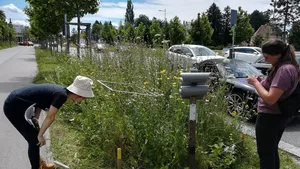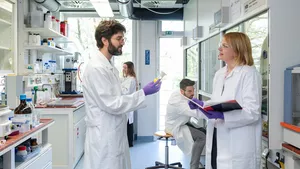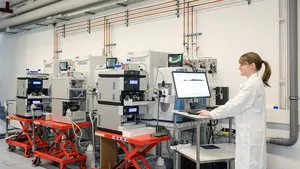Sustainability,
Campus
|
Joining forces for a sustainable campus – Student sustainability office at TUM in Weihenstephan
Sustainability,
Research
|
40 years of conservation data: Population trends of native insects - Heat-lovers are the lucky ones
Research
|









